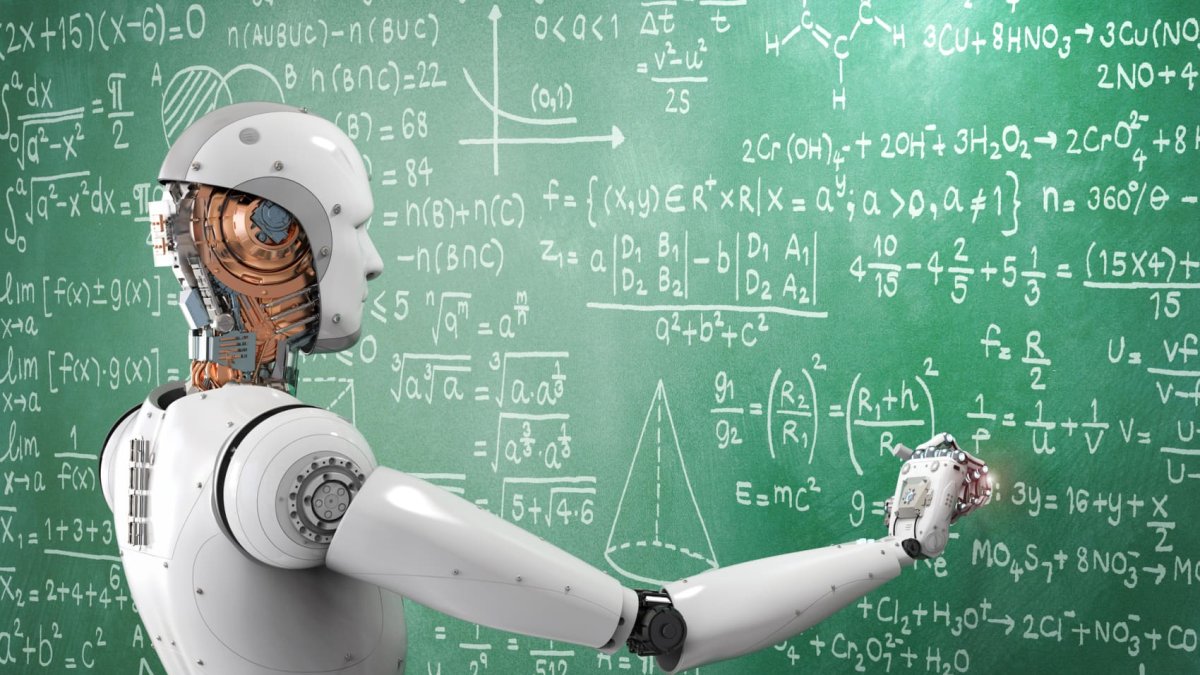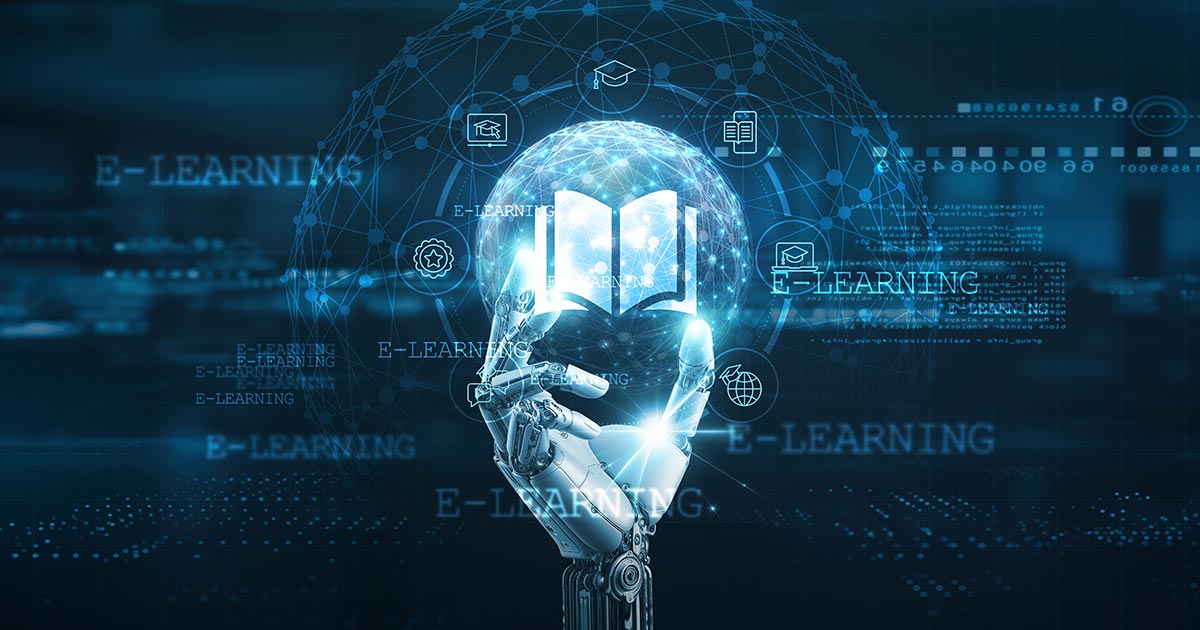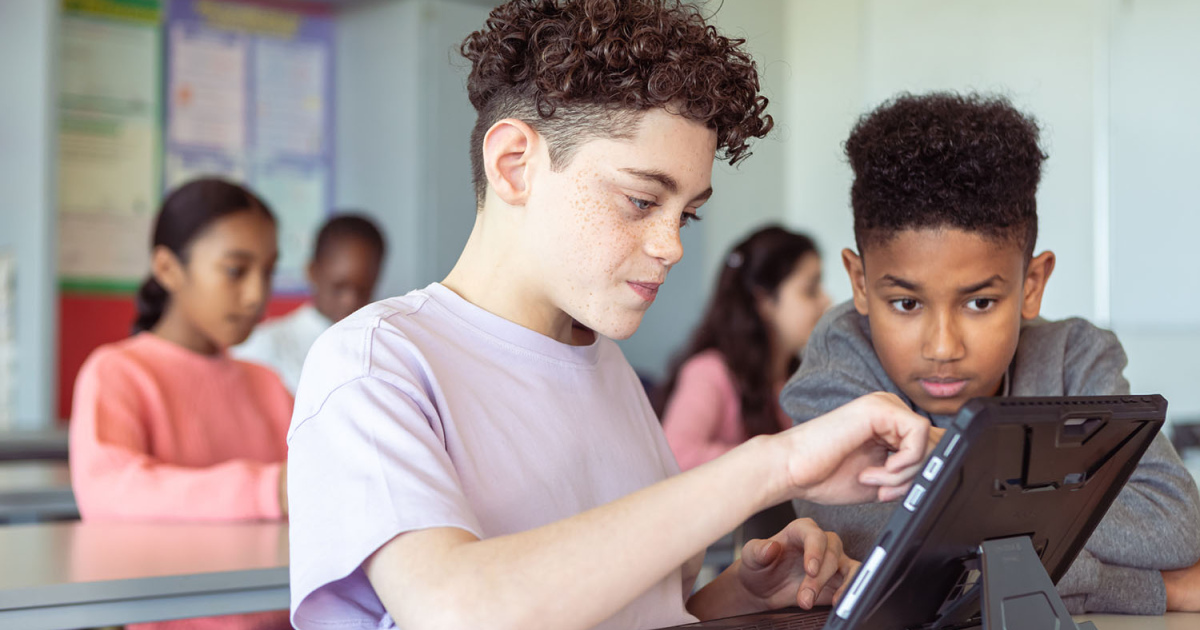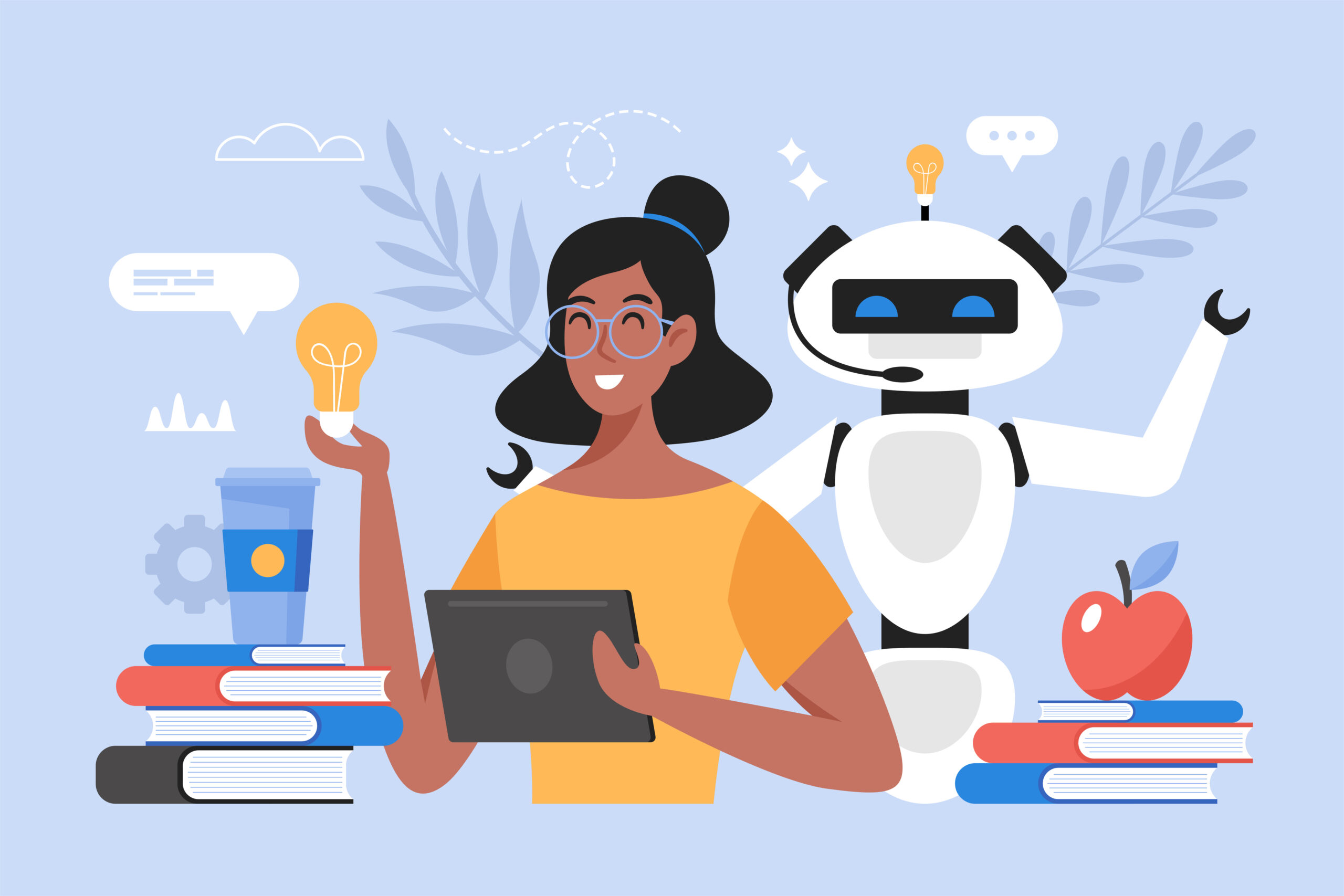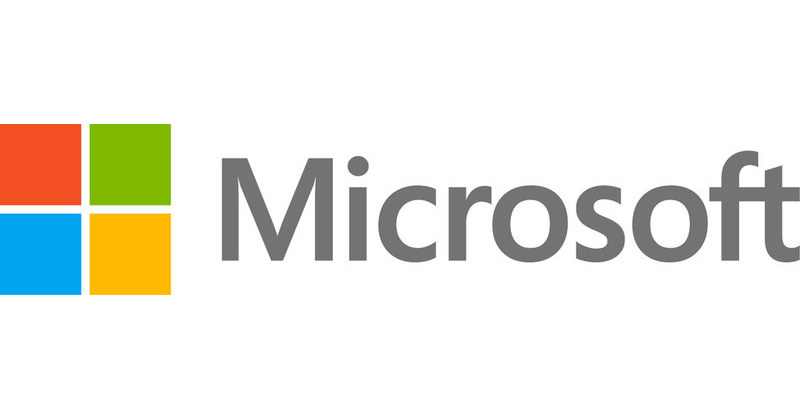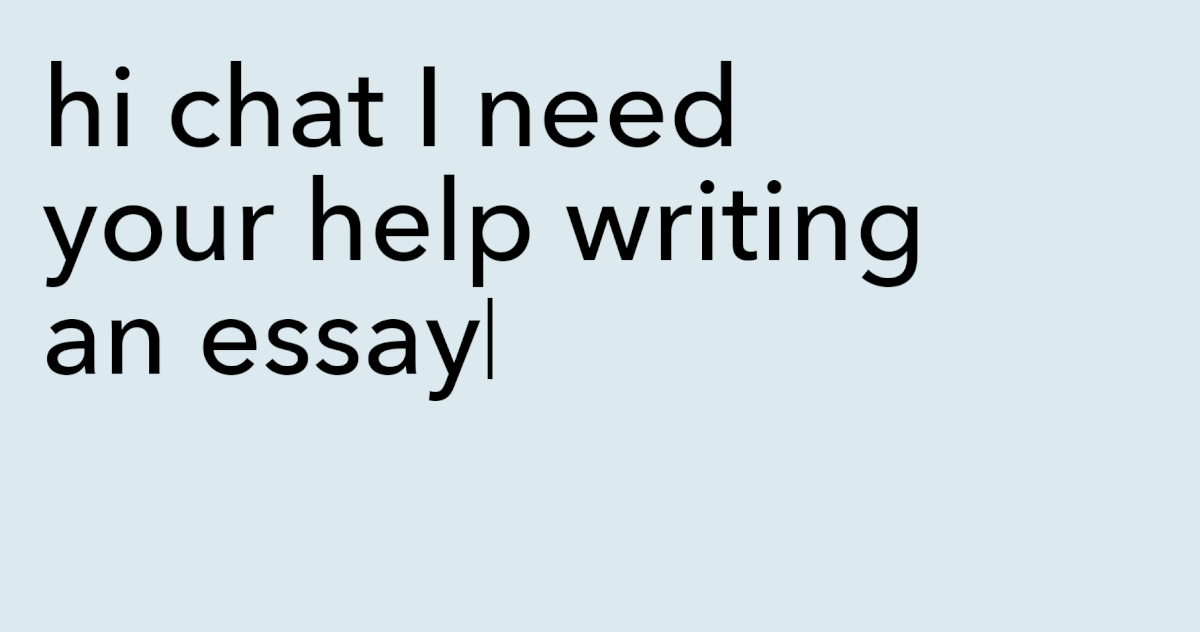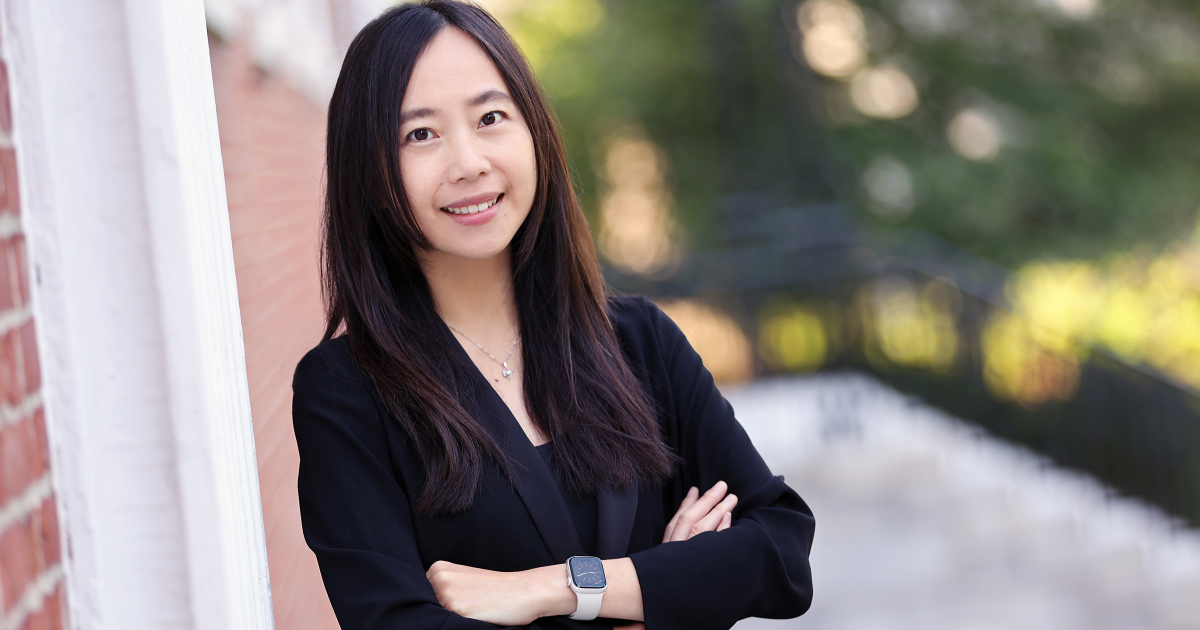
AI Can Add, Not Just Subtract, From Learning
The Harvard Graduate School of Education (HGSE) offers programs that provide academic preparation, growth opportunities, and tools for impactful careers, with faculty expertise connecting research, practice, and policy. Assistant Professor Ying Xu's research focuses on the role of artificial intelligence (AI) in education, exploring its potential to enhance learning experiences without replacing traditional educational interactions, emphasizing evidence-based approaches to integrate AI effectively.


